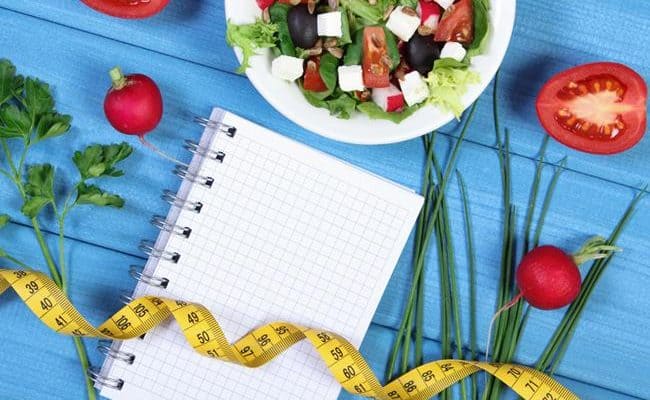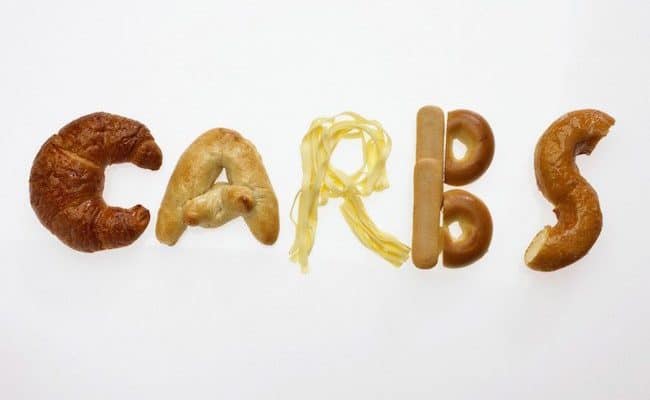
About 45 million Americans diet a year which equates to billions of dollars being spent on weight loss products. Many Americans repeatedly go on diets and try new weight loss strategies because previous diets did not work.
Avoiding fad diets is a good place to start for long term weight loss. You need to change your lifestyle in a way that can be maintained for the long haul, not a quick get skinny diet that is only sustainable for a week or two.
Important changes for weight loss and general health include:
- filling up on nutrient dense low calorie foods
- cutting out added sugars, exercising and eating a balanced diet with heart healthy fats, lean proteins and high fiber natural sources like legumes, whole grains, fruits and vegetables.
Many Americans have a general understanding they need to cut out processed foods, sugar and empty calorie foods if they want weight loss.
However, there are other important factors that need to be considered for weight loss that can get overlooked.
Here are some weight loss hacks for long lasting results besides the obvious dietary advice.
#1 – Focus on getting enough sleep.
Focusing on what you eat, drink and exercising are usually the main points for weight loss.
However, research suggests how much sleep you get (or don’t get) can influence appetite, metabolism and weight. Interestingly, as obesity rates continue to rise, chronic sleep deprivation also is going up.
A 2008 review (1) analyzed results from 36 publications with sleep and weight gain. Researchers found short sleep duration was independently associated with weight gain, especially in younger people.
More research is needed to fully understand the association between sleep and weight gain.
Everyone can have different sleep needs, but in general getting more than 5-6 hours is recommended. Adjusting to get more sleep shouldn’t be over looked if you are trying to lose weight and are currently not getting enough.
See also: Does sleep help you lose weight?
#2 – Find out what emotions trigger you.
You may know what you should eat, but food choices don’t always match up with what you know. We can eat for different reasons and not necessarily because our bodies need energy.
Emotions can influence food choices, and emotional eating for some people can be a stumbling block for weight loss.
Knowing what triggers emotional eating can help you have a strategy for changing your habits.
To start, you could track your food intake for a few days and also include how you are honestly feeling when you eat.
Some people are prone to make unhealthy food choices when they’re sad or some people emotional eat when they are happy.
If you are an emotional eater, eating in response to emotions should be addressed so you can be successful long term with weight loss.
A 2013 study (2) found emotional eaters ate significantly more after feeling sad and chose more sweet tasting food.
Constantly doing this cycle of emotional eating could sabotage weight loss efforts.
Find healthier coping options when you feel sad, stressed, angry, etc. instead of using food as an outlet for sustained weight loss success.
#3 – Know why you are eating.
Knowing why you are eating can be similar to identifying emotional triggers. However, sometimes we eat not because of emotions but because others are eating around us or we are used to eating at certain times of the day.
Cues in our environment can signal our brains to eat even if we physically don’t need any energy from food. Before you eat something, take a second to think why you are eating.
Are you eating just because other people are? Are you eating because you are bored? Are you eating because you always eat something at this time of day?
It’s not that you can never eat when you physically aren’t hungry, but most people eat more from external cues than from what their body is telling them. It’s important to listen to your body for cues to eat.
#4- Learn when to stop when you are satisfied not stuffed.
Another part of listening to your body is knowing when to stop eating before you are too full.
Eating just a little bit less than you normally eat could help cut back food intake in a subtle way. This can be done whether you feel stuffed after eating or not right now!
If you find you feel stuffed after eating most of the time, learning when to stop when you are satisfied, not stuffed, could be helpful for long term weight loss success.
How can you stop when you are satisfied? Eating slowly can help you stop when your body tells you it has enough food. It takes time for the stomach to send the signal to stop eating to the brain.
Most Americans are in a rush when they eat. Learning to slow down when you eat can be an adjustment but could help regulate food intake for the future.
#5 – Get probiotics for balance gut bacteria.
Researchers are continuing to unravel how the bacteria on our gut affects our health. Bacteria in the colon can affect nutrient absorption, digestive tract health, possibly mental health and can affect weight according to some research.
Everyone has bacteria in their digestive tract, it’s just a matter of if they are helping you or are causing some unpleasant side effects.
A 2006 study (3) suggests obese people have different bacteria in their digestive tract compared to lean people.
With weight loss gut bacteria levels can also change. While the relationship between gut bacteria and weight is still being studied, it appears gut bacteria levels can have a major role on weight.
Diets high in fat and sugar have been shown in mice studies to alter gut bacteria levels. Sugar alternatives can also alter gut bacteria levels.
Following a healthy diet can help keep beneficial bacteria in the gut. Sources of good bacteria can include: fermented dairy products like kefir, yogurt, some cheese and fermented vegetables like sauerkraut.
Other sources can include the drink kombacha or miso. If you are wondering about taking a probiotic supplement, speak with your healthcare team to determine what would be best for you.











lata porecha says
i have diabetes 2.
i eat equal in my tea.
what do u suggest instead of equal?